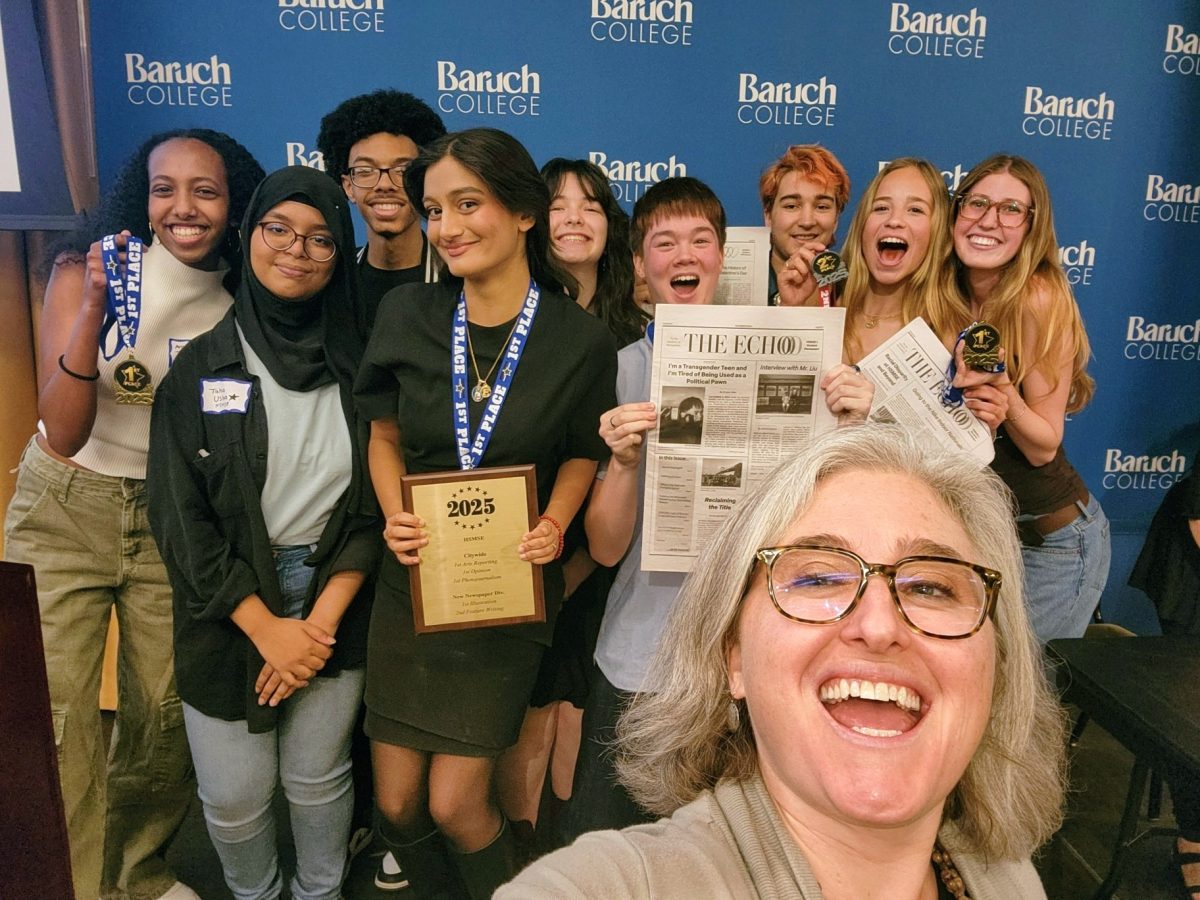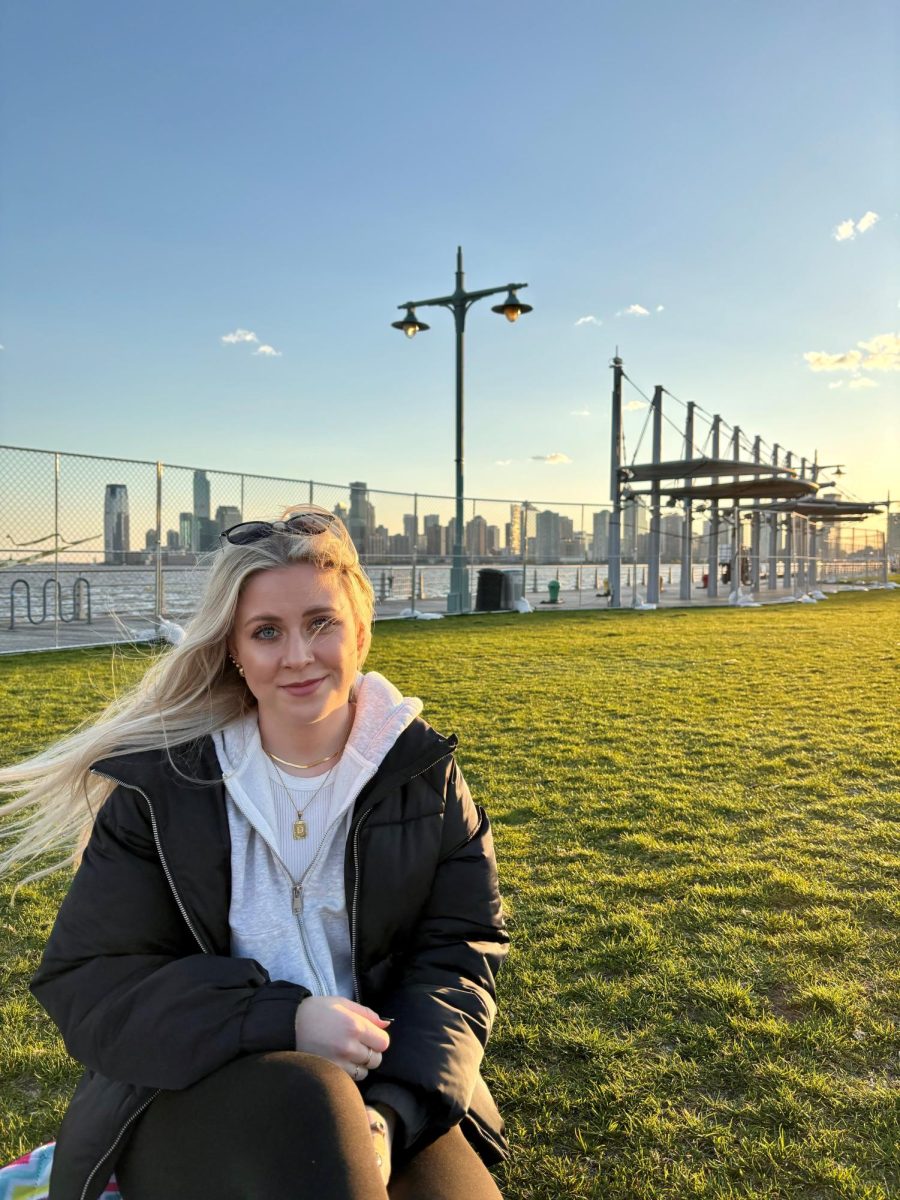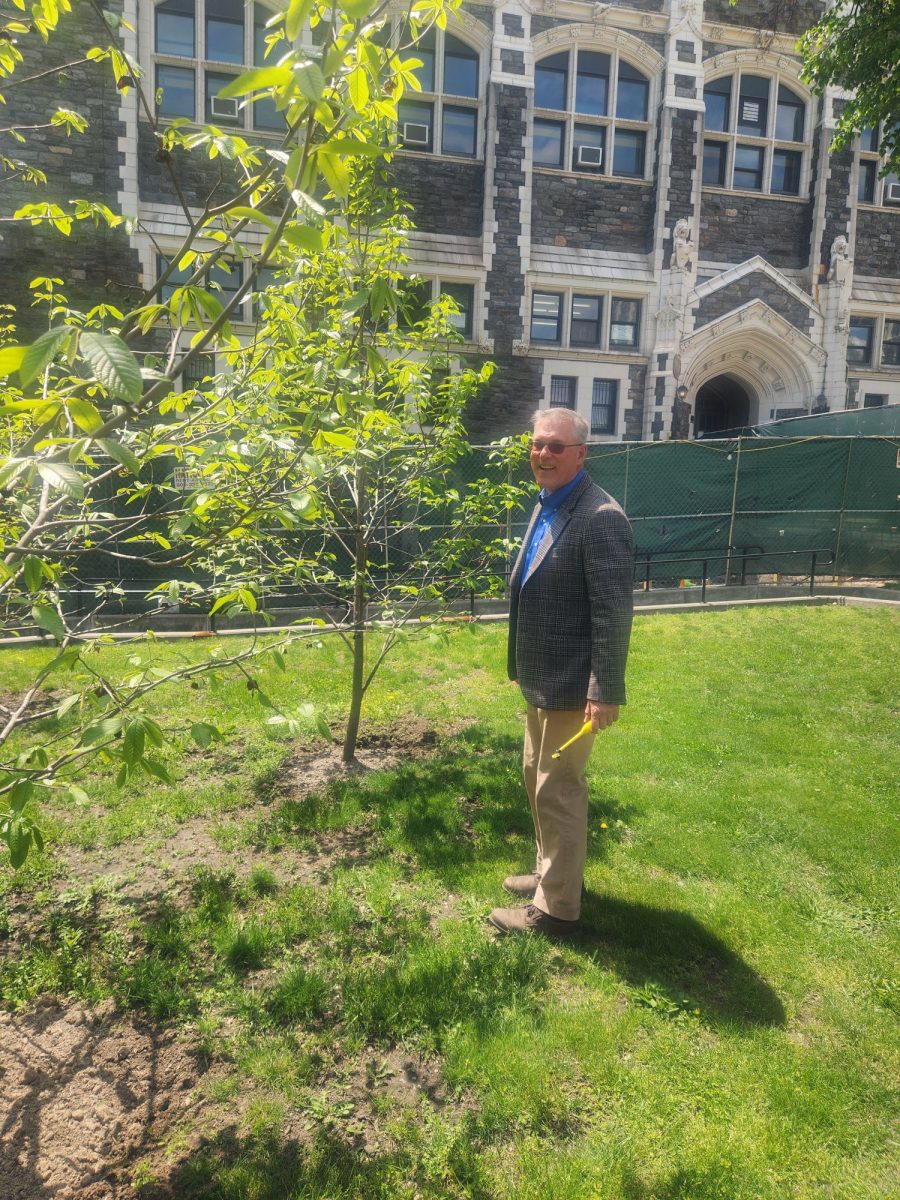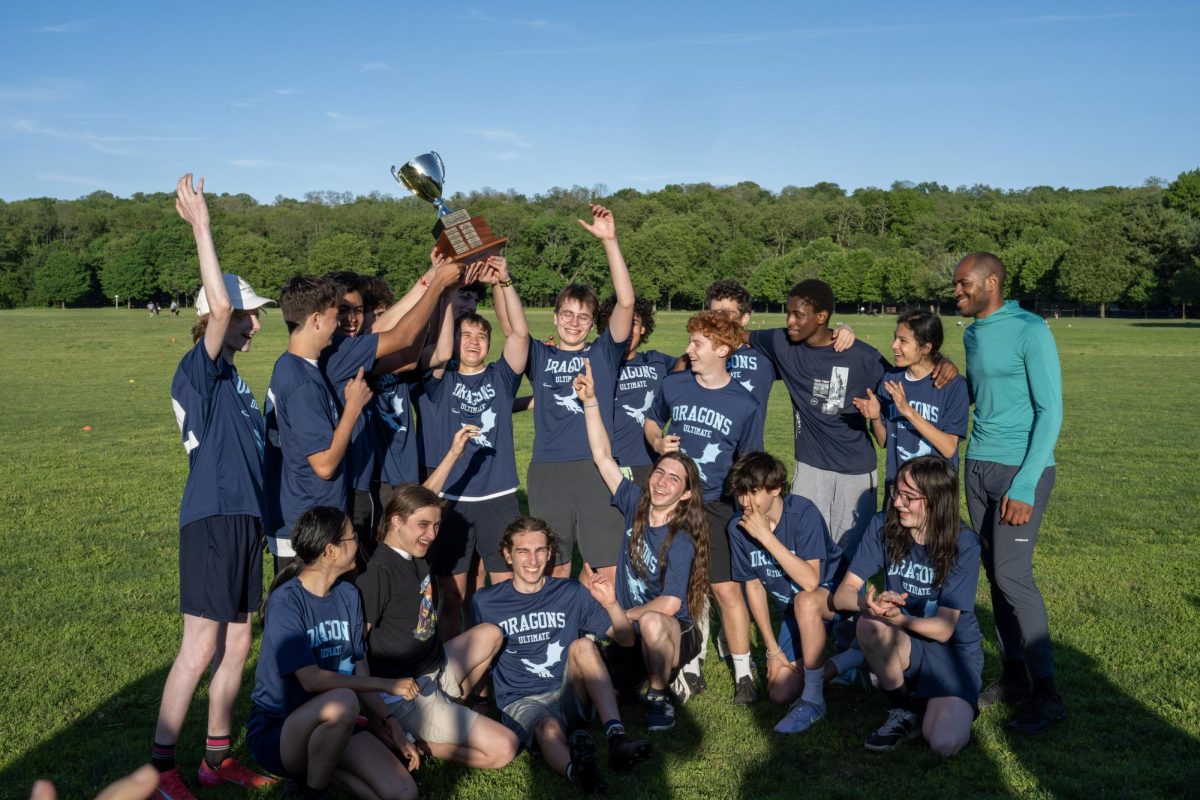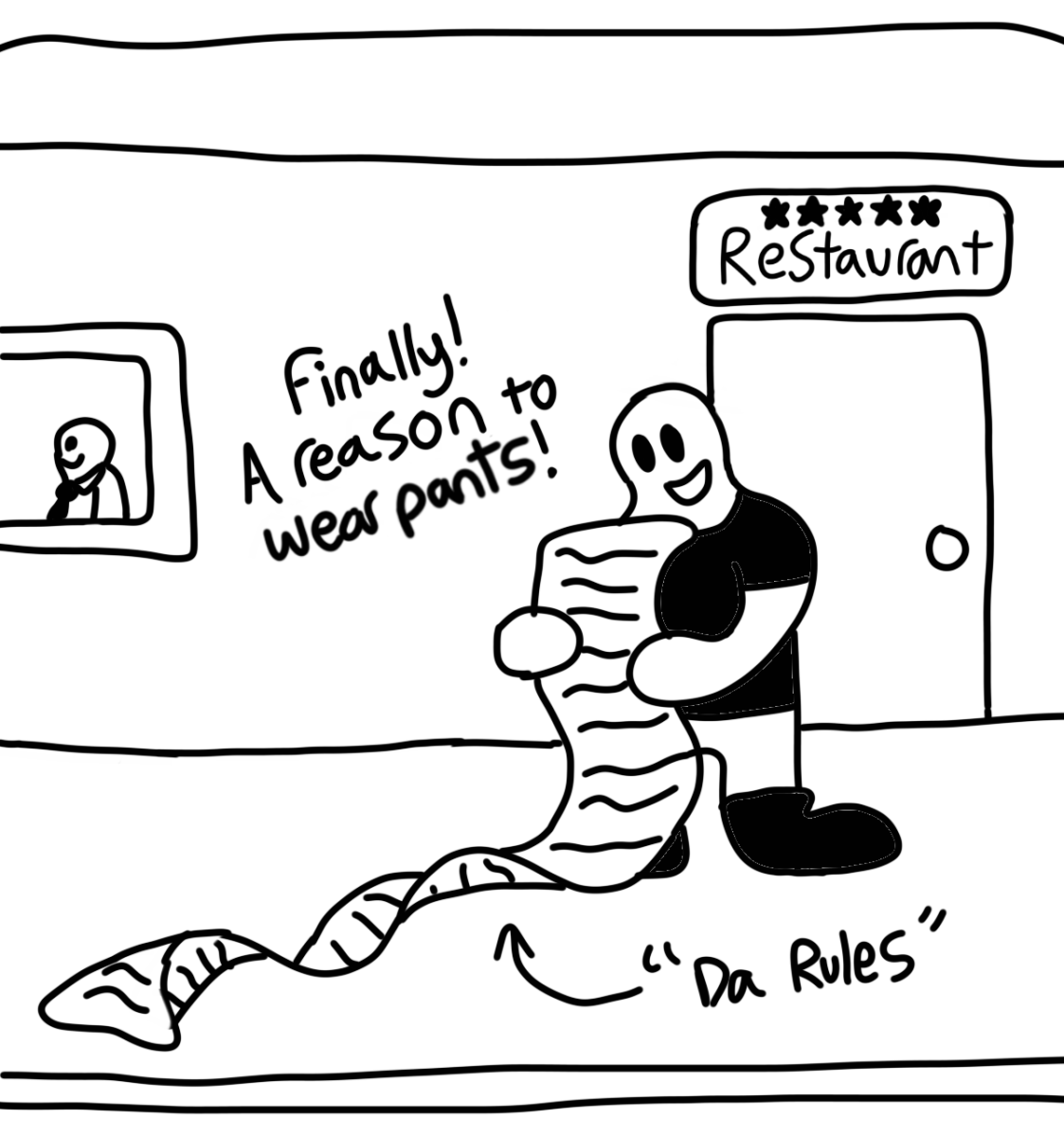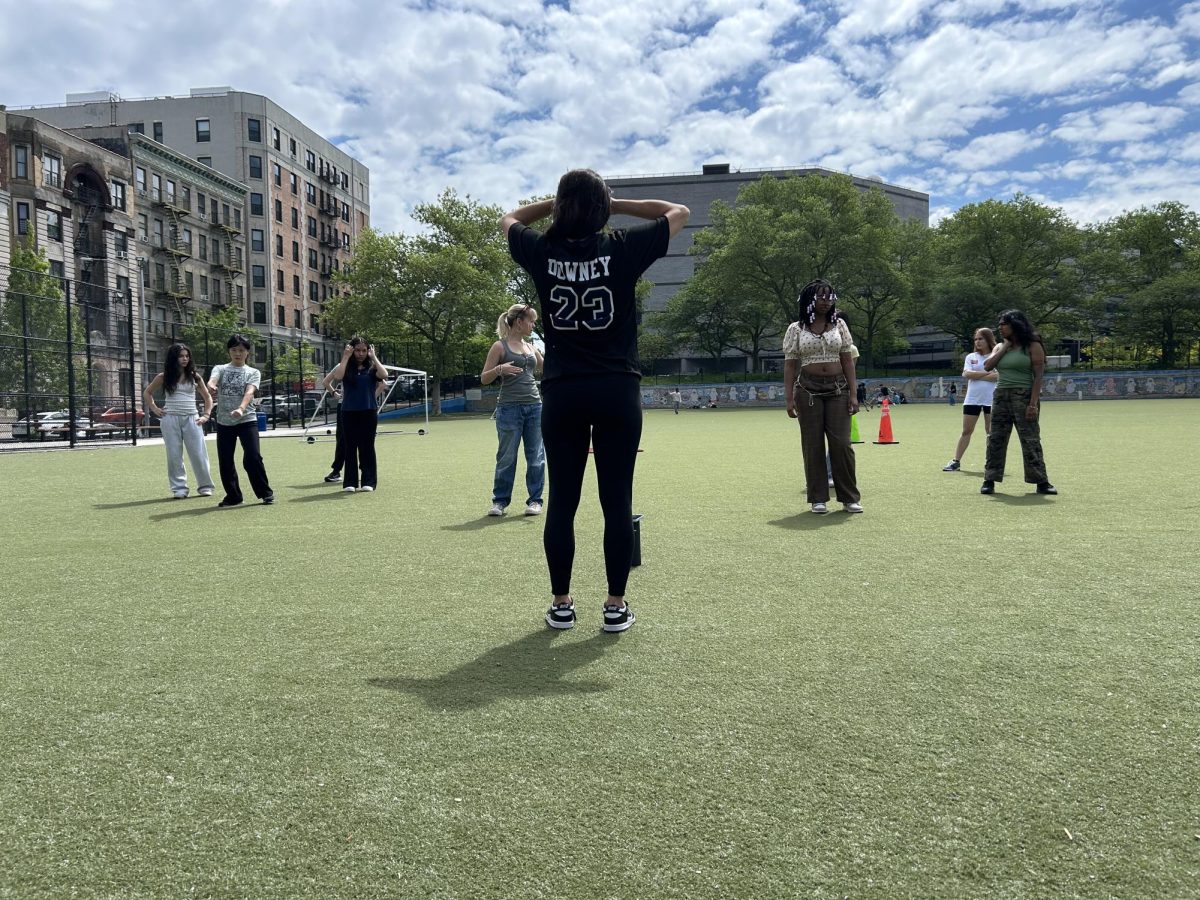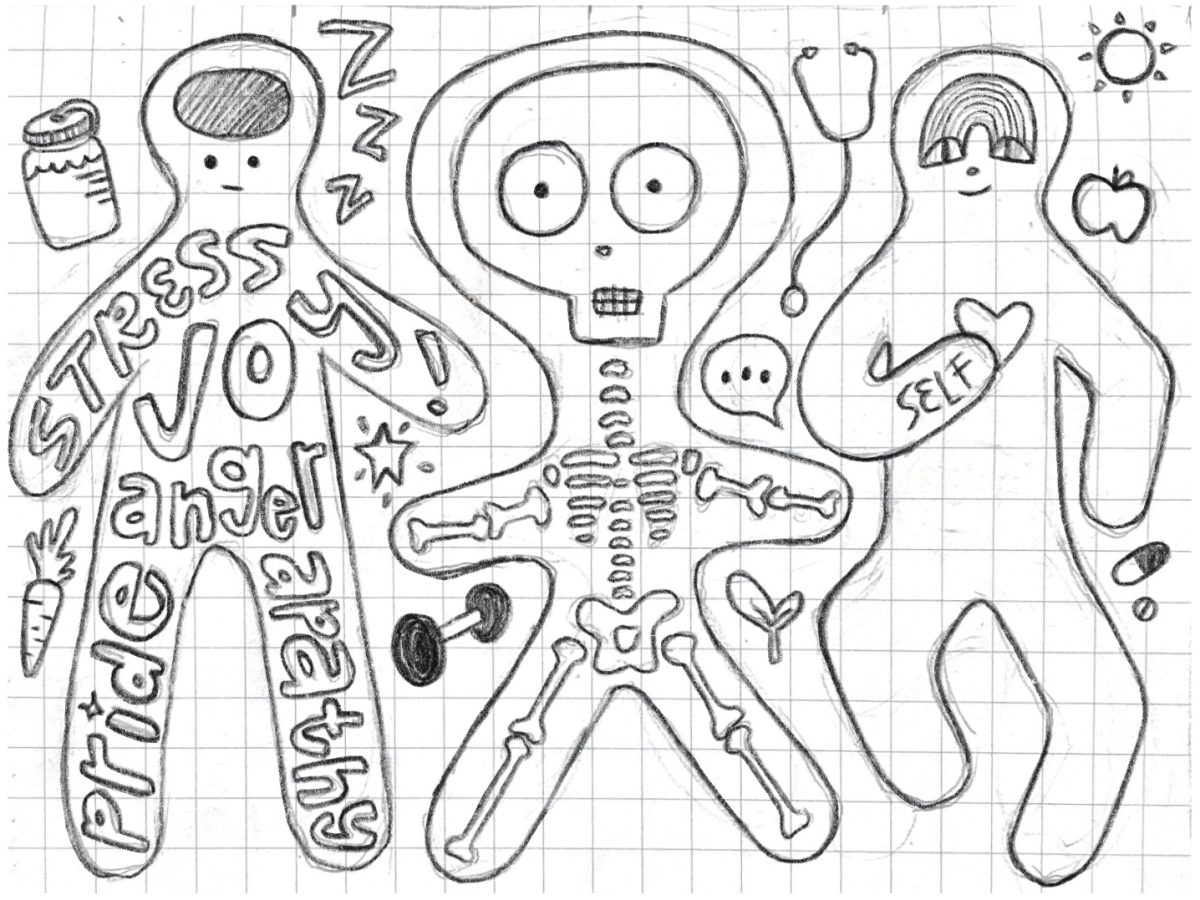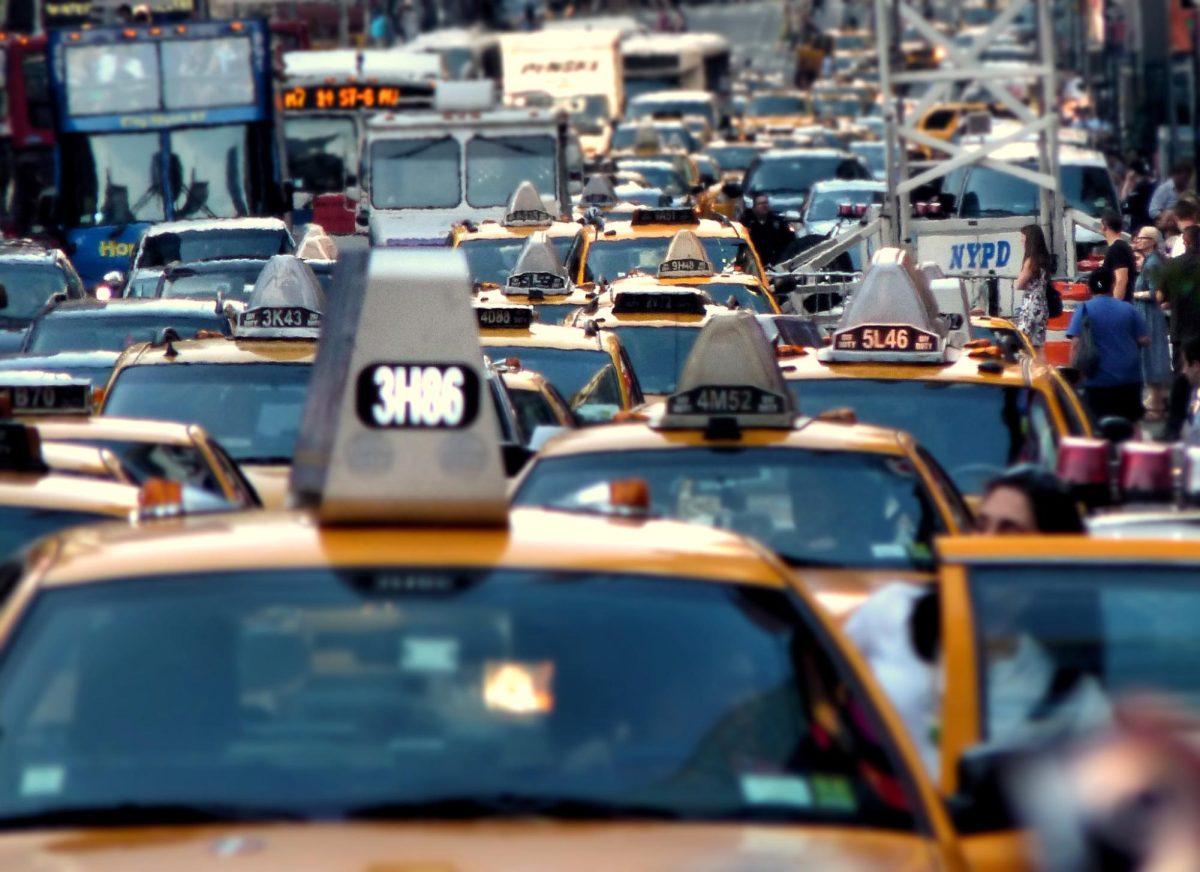Congestion pricing is a new policy proposed by the Metropolitan Transportation Authority (MTA) which aims to provide funding for the MTA, improve air quality in downtown Manhattan, and reduce delays for buses and emergency vehicles. Officially called the Central Business District Tolling Program, this program would use cameras installed on entrances to the central business district (CBD, which is all of Manhattan south of 60th Street, excluding highways), and would charge drivers to enter the CBD based on their vehicle. This would work based on the EZ-Pass system, and prices would be 50% higher for vehicles without EZ-Pass.
The MTA held public hearings in February and March to receive comments on the Central Business District Tolling Program. These comments were submitted to the Triborough Bridge and Tunnel Authority (MTA Bridges and Tunnels), which reviewed the comments and provided a report containing suggestions for congestion pricing. The report suggested higher discounts for low income people who drive daily to work in NYC. Most other suggestions have already been implemented by the MTA in their proposals. Congestion pricing was approved by the MTA board on March 27th, 2024, and the only issue before implementation in June are the lawsuits.
So far, the numerous lawsuits against the MTA by parties such as the teachers’ union are halting the implementation of congestion pricing in June. In my opinion, congestion pricing should be implemented, but it needs to be expanded and reworked. In its current state, it is not a far enough step to help everyone in New York City. Other areas have heavy congestion as well, but the current proposal for congestion pricing will worsen congestion in those areas. But, we still need to implement congestion pricing as soon as possible because many MTA projects (such as new subway cars, new elevators, signal modernization, maintenance of stations, and the next phase of the Second Avenue subway) rely on funding from congestion pricing. The MTA has stopped providing contracts to these projects because the lawsuits against congestion pricing prevent the funding from being concrete.
Congestion pricing should also be implemented in congested areas in other boroughs, such as downtown Brooklyn and Queens or areas adjacent to I-95 in the Bronx. However, congestion prices are all rather high and should be reduced by at least $5 for cars, $10 for trucks/buses, and $1 for motorcycles. I also want taxis to have no charge at all if they carry more than one person, as it would provide people with an alternative to ride share. Vehicles which carry more than 3 people per car should also receive a major discount.
Discounts should be provided to private vehicles of emergency workers and teachers, especially those who commute from areas in which public transit is not available or useful, and there should be base discounts for those who have lower than liveable income based on the combined costs of rent and other necessities like food, gas, and insurance. This discount should also be provided to residents from Connecticut, Long Island, and New Jersey.
If congestion pricing gets through, HSMSE students will see improvements in service quality of public transit. On the other hand, congestion pricing may negatively affect those who use motor vehicles to get to school. Overall, it would make everyone reconsider their options to get to school.
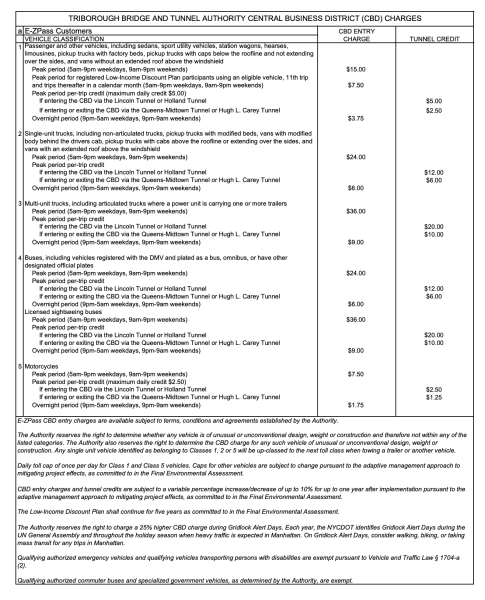
 Source: https://new.mta.info/document/129191
Source: https://new.mta.info/document/129191
*: 5am–9pm weekdays and 9am–9pm weekends
Special Cases:
Vehicles such as paratransit that carry people with disabilities, emergency vehicles such as ambulances and firetrucks, transit and commuter buses, and government vehicles such as street sweepers and garbage trucks all do not need to pay.
The Low Income Discount Plan is for those whose household federal adjusted gross income is no more than $50,000, or who receive social assistance such as food stamps. Those who are allowed into this program would receive a 50% discount for the 11th ride and every ride after in a calendar month.
App-based taxi services pay $2.50, while all other taxis would pay $1.25 for every trip into or out of the CBD. They would not pay the daily toll.








